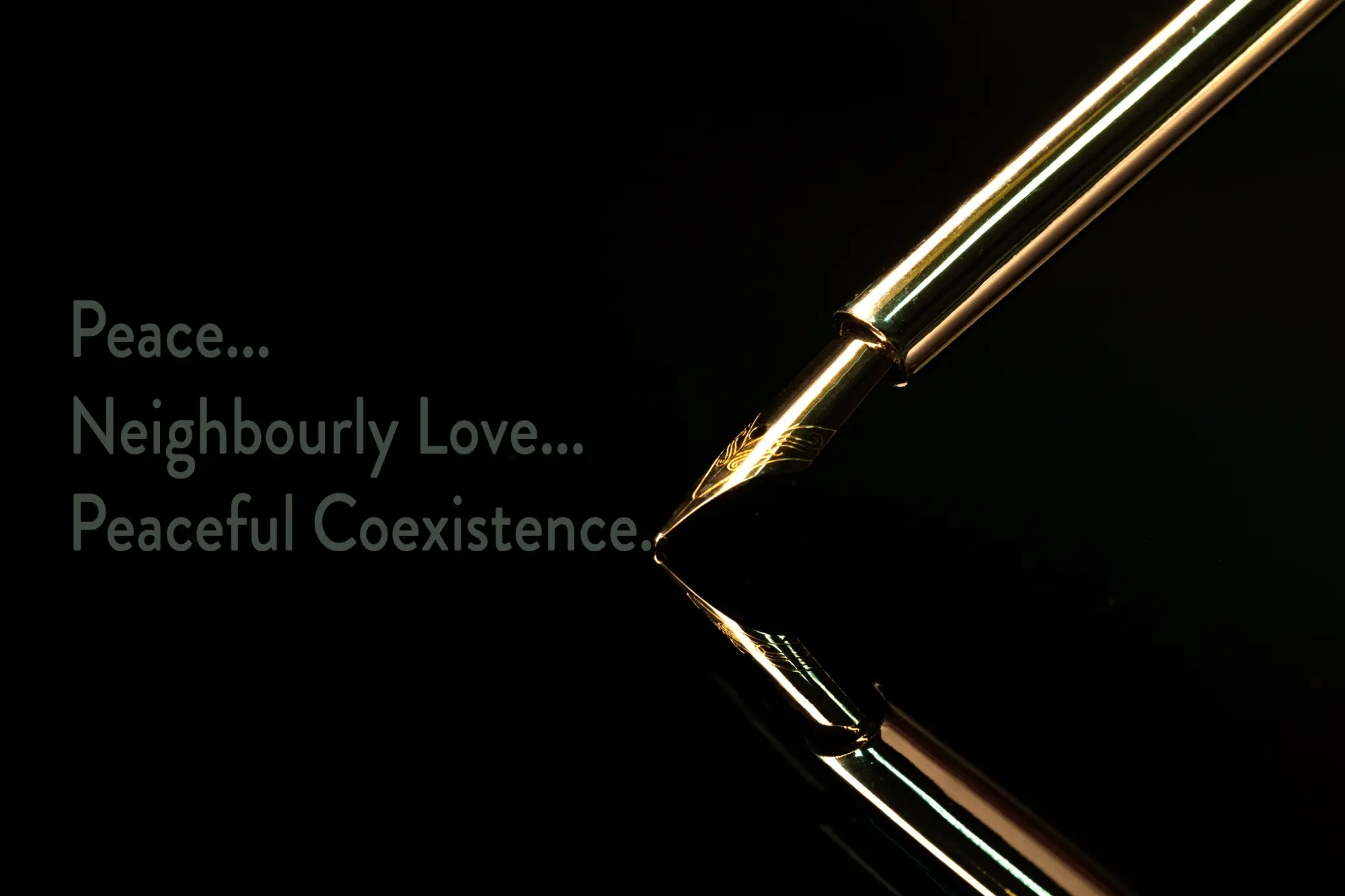If you love for beauty
If you love for beauty,
O love not me!
Love the sun,
She has golden hair.
If you love for youth,
O love not me!
Love the spring
Which is young each year.
If you love for riches,
O love not me!
Love the mermaid
Who has many shining pearls.
If you love for love,
Ah yes, love me!
Love me always,
I shall love you ever more.
Friedrich Rückert, 1902 – Translation © Richard Stokes, author of The Book of Lieder (Faber, 2005)
One Art
The art of losing isn’t hard to master;
so many things seem filled with the intent
to be lost that their loss is no disaster.
Lose something every day. Accept the fluster
of a lost door key, the hour badly spent.
The art of losing isn’t hard to master.
Then practice losing farther, losing faster:
places, names, and where it was you meant
to travel. None of these will bring disaster.
I lost my mother’s watch. And look! my last, or
next-to-last, of three loved houses went.
The art of losing isn’t hard to master.
I lost two cities, lovely ones. And, vaster,
some realm I owned, two rivers, a continent.
I miss them but it wasn’t a disaster.
─Even losing you (the joking voice, a gesture
I love) I shan’t have lied. It’s evident
the art of losing’s not too hard to master
though it may look like (Write it!) like disaster.
Elizabeth Bishop, Geography III, 1976
VI
If I can stop one heart from breaking,
I shall not live in vain;
If I can ease one life the aching,
Or cool one pain,
Or help one fainting robin
Unto his nest again
I shall not live in vain.
Emily Dickinson
116
Let me not to the marriage of true minds
Admit impediments. Love is not love
Which alters when it alteration finds,
Or bends with the remover to remove:
O, no! it is an ever-fixed mark,
That looks on tempests and is never shaken;
It is the star to every wandering bark,
Whose worth’s unknown, although his height be taken.
Love’s not Time’s fool, though rosy lips and cheeks
Within his bending sickle’s compass come;
Love alters not with his brief hours and weeks,
But bears it out even to the edge of doom.
If this be error and upon me prov’d,
I never writ, nor no man ever lov’d.
William Shakespeare, Sonnets
Love? Do I love? I walk
Within the brilliance of another’s thought,
As in glory, I was dark before,
As Venus’ chapel in the black of night:
But there was something holy in the darkness,
Softer and not so thick as other were;
And as rich moonlight may be to the blind,
Unconsciously consoling. Then love came,
Like the outbursting of a trodden star.
Thomas Lovell Beddoes
254
“Hope” is the thing with feathers–
That perches in the soul–
And sings the tune without the words–
And never stops–at all–
And sweetest–in the Gale–is heard–
And sore must be the storm–
That could abash the little Bird
That kept so many warm–
I’ve heard it in the chillest land–
And on the strangest Sea–
Yet, never, in Extremity,
It asked a crumb–of Me.
Emily Dickinson
I Wandered Lonely As a Cloud
I wandered lonely as a cloud
That floats on high o’er vales and hills,
When all at once I saw a crowd,
A host, of golden daffodils;
Beside the lake, beneath the trees,
Fluttering and dancing in the breeze.
Continuous as the stars that shine
And twinkle on the milky way,
They stretched in never-ending line
Along the margin of a bay:
Ten thousand saw I at a glance,
Tossing their heads in sprightly dance.
The waves beside them danced; but they
Outdid the sparkling waves in glee;
A poet could not but be gay,
In such a jocund company;
I gazed–and gazed–but little thought
What wealth the show to me had brought:
For oft, when on my couch I lie
In vacant or in pensive mood,
They flash upon that inward eye
Which is the bliss of solitude;
And then my heart with pleasure fills,
And dances with the daffodils.
William Wordsworth
from The Norton Anthology of Poetry, 4th ed.
249
Wild Nights–Wild Nights!
Were I with thee
Wild Nights should be
Our luxury!
Futile–the Winds–
To a Heart in port–
Done with the Compass
Done with the Chart!
Rowing in Eden–
Ah, the Sea!
Might I but moor–Tonight–
In Thee!
Emily Dickinson
